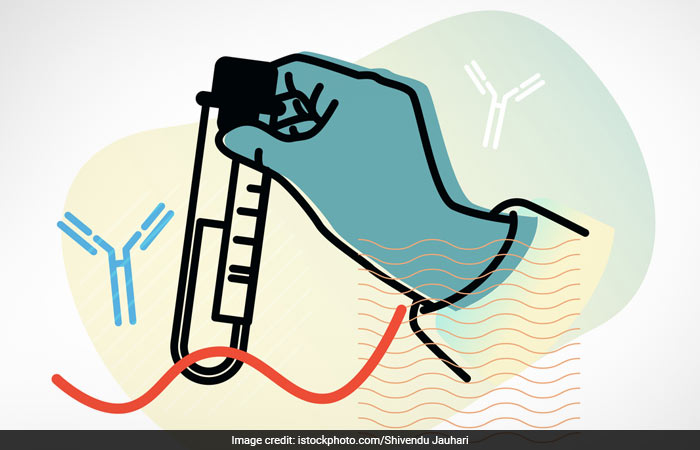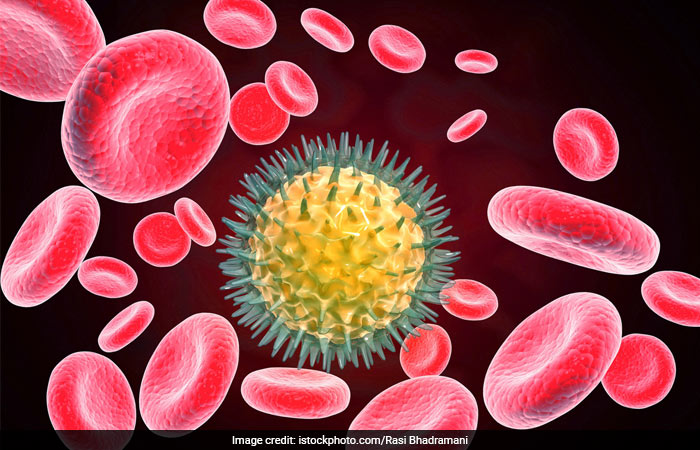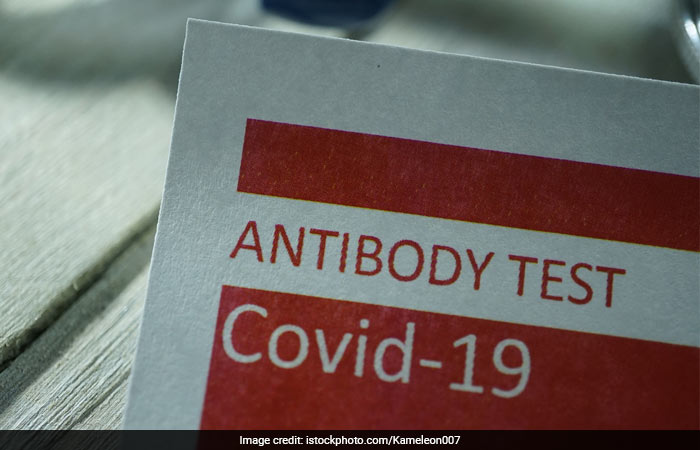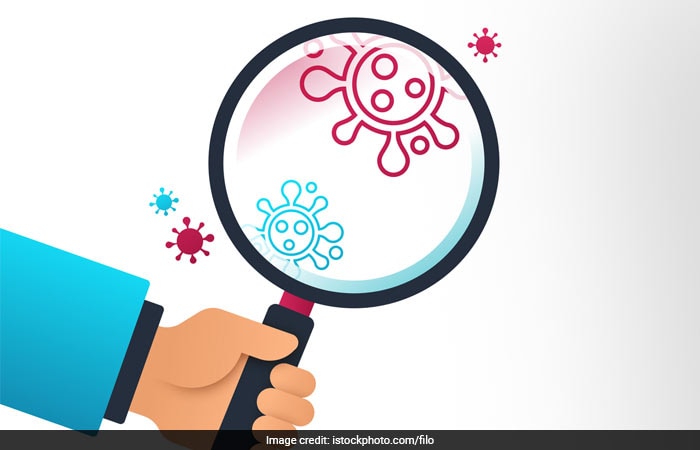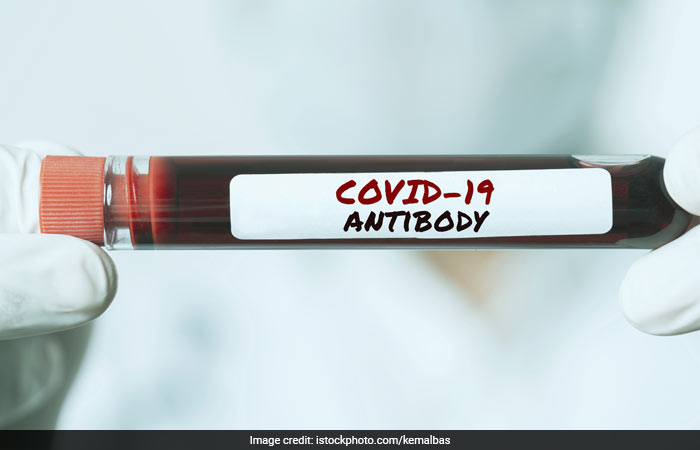What Are Antibodies And How Do They Help Fight COVID-19?
For the diagnosis of COVID-19, there are different kinds of tests available which include RT-PCR (Reverse transcription-polymerase chain reaction), TrueNAT test, CBNAAT (Cartridge Based Nucleic Acid Amplification Test) and rapid antigen test. All four are used for the diagnosis of COVID-19. However, there is another test called the rapid antibody test and in the case of COVID-19, it is being used to know how many people have contracted the SARS-CoV-2 virus and recovered from the same. But what are antibodies and what role do they play in combating COVID-19?
-
What Are Antibodies?
Antibodies are the immune response that our body develops against any infection. Antibodies are Y shaped proteins produced by a human body and used by the immune system to identify and neutralise foreign objects such as bacteria and viruses. There are two kinds of antibodies - IgM (Immunoglobulin M) and IgG (Immunoglobulin G).
-
What Is The Difference Between The Two Kinds Of Antibodies?
IgM Antibodies: IgM antibodies are the initial response of the body to any infection and they develop in an early phase of the infection. Typically, in the case of COVID-19, IgM will start getting positive after the first week of contracting the virus and disappear after six weeks. "IgM tells us that an individual has been exposed and he/she is either entering early immune phase or established immune phase", said Dr Ravindra Mehta, Chief of Pulmonary and Critical Care Medicine at Apollo Hospitals in Bengaluru.
IgG Antibodies: IgG antibodies are a late response to an infection and more likely to turn positive after three weeks of contracting the virus. IgG antibodies stay for a longer period of time. However, as of now, it's not clear for how long IgG gives immunity.
-
How Are Antibodies Detected?
Antibody test, also known as a serology test determines whether the human body had contracted COVID-19 in the past and now has antibodies to fight against the virus. Antibody test is like a regular blood test in which a sample is collected through a finger prick. The test costs around Rs. 500 and the results are available within half an hour.
-
What Are The Pros And Cons Of Antibody Test?
Pros: The test is easy to do, quick, and cheap. The test has a specificity rate that is the ability to identify those without the disease of around 80 per cent to 85 per cent.
Cons: The antibody test lacks sensitivity that is the ability of a test to correctly identify those affected with the disease. According to Dr Mugdha Tapdiya, Senior Consultant, Internal Medicine at Fortis Hospital in Vasant Kunj, the antibody test has a sensitivity rate of 60 per cent to 70 per cent. Another disadvantage is that the test is a qualitative test and not a quantitative test.
-
What Is The Role Of Antibodies In Convalescent Plasma Therapy?
Plasma therapy involves transfusion of antibodies from a recovered patient of COVID-19 to a critically-ill patient. According to Dr Rajesh Parikh, Director Medical Research at Jaslok Hospital and Research Centre, over 98 per cent of patients develop antibodies. However, before initiating plasma therapy, antibody test is required.

